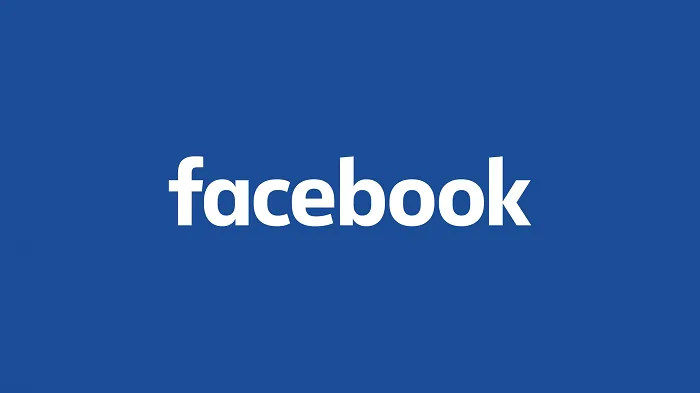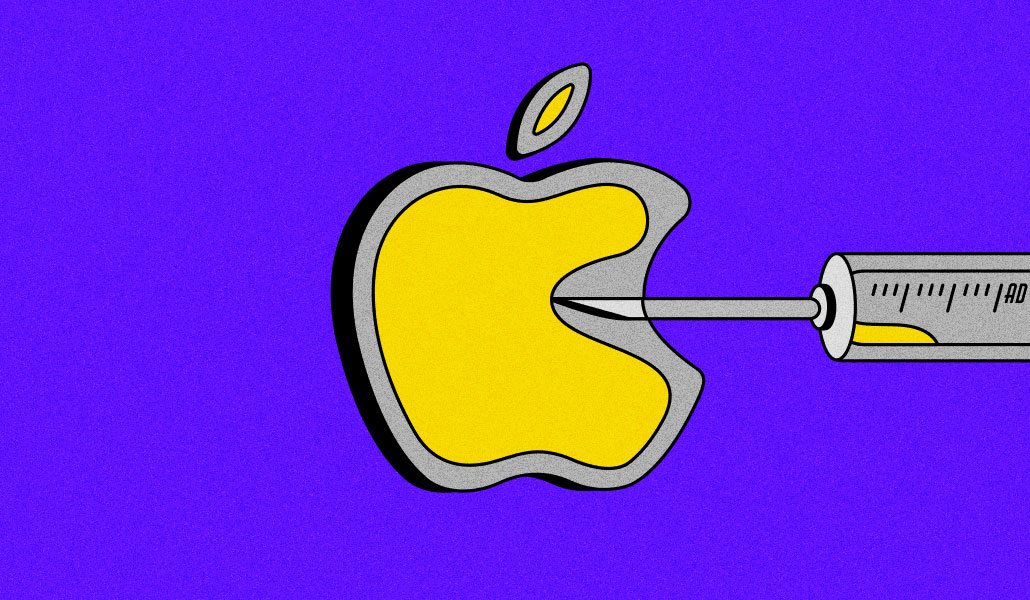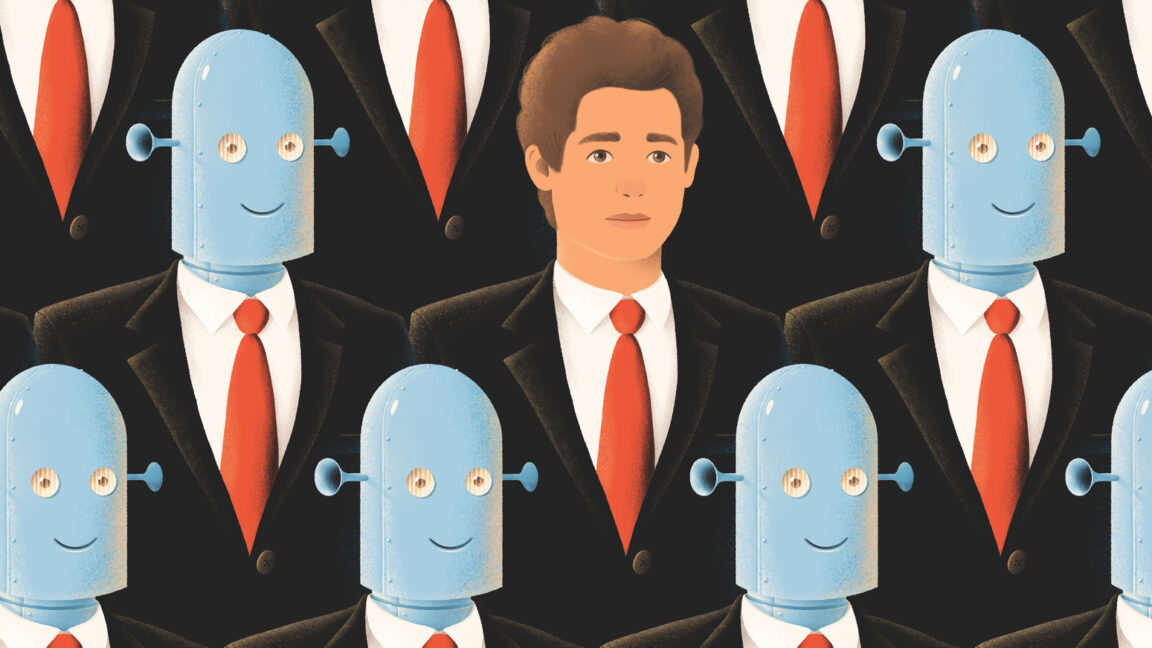Study Shows Two Weeks Without the Internet Can Reverse 10 Years of Brain Aging
In a world where every spare second is consumed by scrolling, clicking, and swiping, a groundbreaking experiment has revealed just how much


In a world where every spare second is consumed by scrolling, clicking, and swiping, a groundbreaking experiment has revealed just how much our minds might be paying the price. According to new research led by Adrian Ward at the University of Texas, just two weeks without internet access on smartphones was enough to sharpen attention spans, enhance mental well-being, and effectively reverse 10 years of cognitive aging.
The Experiment That Changed Minds
The study involved over 4,000 participants, all with an average age of 32. For 14 consecutive days, these individuals followed one rule: no internet access on their smartphones. While they were still allowed to send texts and make calls, apps, browsers, and all forms of online content were off-limits.
What happened next surprised even the researchers.
Sharper Focus, Calmer Minds
At the end of the two-week period, a staggering 91% of participants reported feeling better mentally. They experienced:
- Reduced mental fatigue
- Increased focus
- Greater clarity
- A sense of emotional calm
Many reported that their attention span felt significantly sharper, with some saying it felt like they had regained a younger, more focused version of their brain — essentially reversing a decade of cognitive decline.
What Actually Worked?
The answer lies in reclaiming time and attention. Without the constant buzz of notifications or the temptation to endlessly scroll, participants naturally gravitated toward offline activities.
They:
- Picked up old hobbies like drawing, journaling, and reading
- Met friends and family in person
- Spent more time in nature and engaged in physical movement
What once felt like idle time became meaningful moments of connection, creativity, and reflection.
Key Insight: Our Brains Are Overstimulated
The study’s lead, Adrian Ward, points out a vital takeaway: our brains aren’t designed for continuous digital stimulation. The constant pings, updates, and social feeds split our attention and exhaust our mental resources more than we realize.
This experiment proves that even a short digital detox can have profound effects on cognitive performance and mental health.
“The internet isn’t the enemy,” Ward clarified. “But the way we engage with it — without boundaries — is costing us far more than we think.”
A Wake-Up Call for the Hyperconnected
As screen time soars across all age groups, this study serves as a compelling reminder: sometimes, less is more. You don’t need to disappear off the grid for months — just two mindful weeks might be enough to rewire your brain, refocus your life, and help you feel more human again.














![31 Top Social Media Platforms in 2025 [+ Marketing Tips]](https://static.semrush.com/blog/uploads/media/0b/40/0b40fe7015c46ea017490203e239364a/most-popular-social-media-platforms.svg)
































































































































![[Webinar] AI Is Already Inside Your SaaS Stack — Learn How to Prevent the Next Silent Breach](https://blogger.googleusercontent.com/img/b/R29vZ2xl/AVvXsEiOWn65wd33dg2uO99NrtKbpYLfcepwOLidQDMls0HXKlA91k6HURluRA4WXgJRAZldEe1VReMQZyyYt1PgnoAn5JPpILsWlXIzmrBSs_TBoyPwO7hZrWouBg2-O3mdeoeSGY-l9_bsZB7vbpKjTSvG93zNytjxgTaMPqo9iq9Z5pGa05CJOs9uXpwHFT4/s1600/ai-cyber.jpg?#)








































![How to Find Low-Competition Keywords with Semrush [Super Easy]](https://static.semrush.com/blog/uploads/media/73/62/7362f16fb9e460b6d58ccc09b4a048b6/how-to-find-low-competition-keywords-sm.png)



